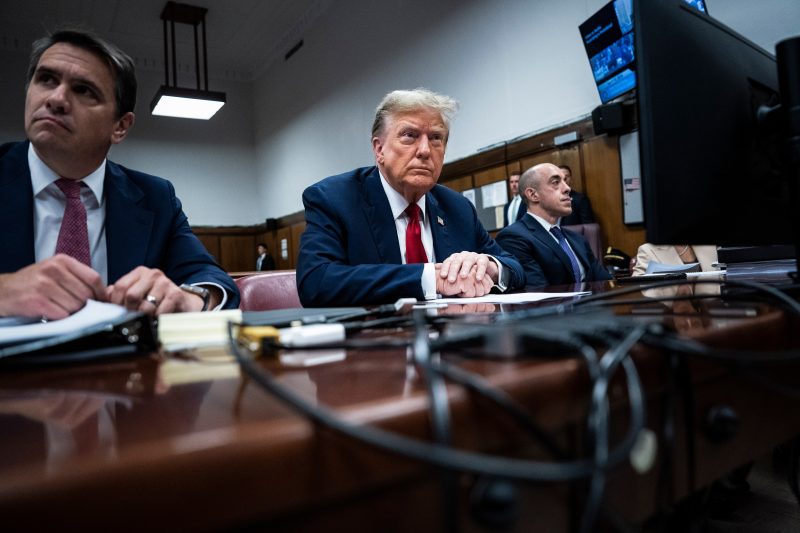In the digital age of politics, the utilization of social media as a dominant tool for communication and influence has become a prevalent trend. This phenomenon is epitomized by former President Donald Trump, whose adeptness in leveraging social media platforms as a means to wield power and shape public discourse is a subject of both fascination and controversy.
Trump’s unorthodox approach to governance was characterized by his unfiltered and direct use of social media platforms, particularly Twitter, to communicate with the public and bypass traditional media channels. This strategy allowed him to convey his messages, opinions, and policy directives directly to his base of supporters, controlling the narrative and shaping public perception without the filter of mainstream media interpretation.
By adopting social media as his primary means of communication, Trump was able to connect with his followers on a more personal level, fostering a sense of intimacy and loyalty that transcended traditional political boundaries. His tweets, often characterized by their unconventional style and provocative content, generated widespread attention and engagement, ensuring that his messages reached a broad audience and elicited strong reactions from both supporters and critics alike.
Furthermore, Trump’s use of social media went beyond mere communication, as he also employed it as a potent legal cudgel to advance his political agenda and fight back against perceived adversaries. Through his tweets, Trump publicly targeted individuals and organizations that opposed his policies or posed a threat to his presidency, effectively utilizing social media as a tool to intimidate, discredit, and undermine his opponents.
The ability of social media to amplify Trump’s messages and mobilize his base of supporters played a crucial role in shaping public opinion and influencing the political landscape during his presidency. By circumventing traditional media channels and disseminating his unfiltered viewpoints directly to the masses, Trump harnessed the power of social media to consolidate his political base, fuel populist sentiments, and shape the national conversation to his advantage.
However, Trump’s aggressive and confrontational use of social media also sparked controversy and criticism, as many viewed his tweets as divisive, inflammatory, and potentially damaging to democratic norms and institutions. The unchecked nature of Trump’s social media presence raised ethical concerns about the role of technology in politics and the extent to which online communication should be subject to regulation and oversight.
In conclusion, Trump’s deployment of social media as a primary political tool represents a paradigm shift in modern governance, highlighting the transformative impact of digital communication on political discourse and power dynamics. While his unorthodox approach has sparked debate and controversy, there is no denying the profound influence that social media wielded in shaping the political landscape during his presidency, underscoring the enduring relevance of technology in modern politics.




























